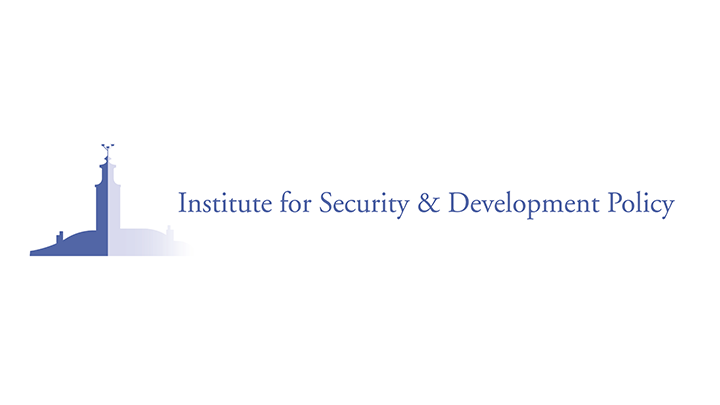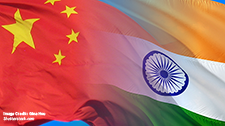Europe, post the AUKUS

Jagannath Panda and Niklas Swanström
Introduction
Regardless of its challenges to transatlantic ties, AUKUS has opened a window of opportunity for Indo-Pacific countries India and Japan, and the EU, to deepen their partnerships.
More than the AUKUS (Australia-United Kingdom-United States) pact itself, it is the manner of the announcement and the reaction to this trilateral security agreement that will shape its legacy. The inking of the pact has not only created a stir in the strategic community, but also caused a rift between the many democratic partner states of the parties involved. The signing of AUKUS took diplomats, academics, politicians, and defence experts all by surprise—more so in Europe.
The full article is available on The Sunday Guardian’s website.
Related Publications
-
Navigating the Indo-Pacific: How Australia and the EU Can Partner for Peace, Stability, and Prosperity
To navigate the choppy waters of the Indo-Pacific, the EU and Australia must be on the same wavelength regarding shared interests in rules, values, and an open and liberal economic […]
-
Needed, a Framework to Protect Undersea Cables
In the data-driven world we live in, submarine cables are the arteries that connect nation-states and their people in literally every human activity, including trade, commerce, entertainment, and social interactions. […]
-
Could India’s relationship with China change under the new Modi government?
As the Indian Prime Minister Narendra Modi forms a new government for the consecutive third time after the BJP-led National Democratic Alliance (NDA) coalition secured a comfortable majority in the […]
-
To What Extent is China a ‘Security Threat’?
The current international order, led by the United States, is undergoing phenomenal political, economic, and security changes that will decide whether the order will continue as it is, or a […]
-
Maldives Walking Tight Rope between India and China
Like all the South Asian small states, the Maldives has been subjected to great power politics. There are five principles of Maldives’ foreign policy (mostly reciprocating with India’s ‘Panchsheel’) and […]




